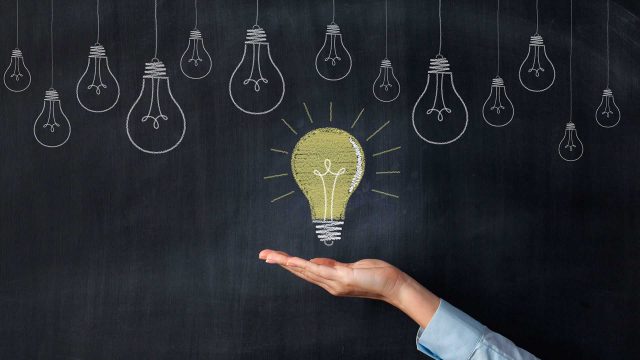The Future of Learning: Innovations in Education
The Future of Learning: Innovations in Education
Blog Article

Education is at the heart of shaping minds, empowering individuals, and driving progress in society. The landscape of education is continuously evolving, with innovative approaches and technologies redefining the way we learn and teach. One such organization leading the charge in promoting academic excellence and student success is Phi Theta Kappa, a prestigious honor society that celebrates and supports the achievements of community college students across the globe. As we navigate the ever-changing world of education, it is crucial to explore these innovations and their impact on shaping the future of learning.
Emerging Technologies
In the realm of education, emerging technologies play a pivotal role in shaping the future of learning. These advancements are revolutionizing traditional teaching methods, offering students enhanced opportunities for interactive and engaging learning experiences. One such innovation is virtual reality (VR), which transports learners to immersive virtual environments, enabling them to explore concepts in a more experiential manner.
Another groundbreaking technology making waves in education is artificial intelligence (AI). AI-powered tools can personalize learning experiences by adapting to individual student needs, offering targeted feedback, and creating customized study plans. This level of personalization helps educators cater to diverse learning styles and abilities, ultimately enhancing student outcomes and academic success.
Furthermore, the integration of blockchain technology in education is poised to transform the way academic achievements are verified and credentials are stored securely. By utilizing blockchain, institutions can create tamper-proof systems for tracking student records, certifications, and accomplishments, ensuring transparency and authenticity in the credentialing process. This innovative use of blockchain in education has the potential to streamline administrative tasks and build greater trust in the education system.
Global Collaboration
One of the most exciting aspects of the future of learning is the opportunity for global collaboration. With advancements in technology, students from around the world can now connect and work together in ways that were not possible before.
Phi Theta Kappa, an international honor society for two-year colleges, is playing a key role in promoting global collaboration among students. By facilitating partnerships between different educational institutions and creating platforms for shared projects, Phi Theta Kappa is helping students broaden their perspectives and learn from peers in diverse cultural backgrounds.
Through global collaboration, students are able to exchange ideas, share knowledge, and tackle challenges collectively. This not only enhances their learning experience but also prepares them for the interconnected and interdependent world they will enter upon graduation.
Student Empowerment
In today's rapidly evolving educational landscape, student empowerment is emerging as a crucial focus area. Empowering students to take charge of their learning journey fosters a sense of ownership and autonomy, leading to enhanced academic performance and personal growth.
PTK Lawsuit
One key aspect of student empowerment is providing opportunities for active engagement in the learning process. By incorporating interactive and participatory teaching methodologies, educators can create an environment where students are encouraged to explore, question, and collaborate. This hands-on approach not only deepens understanding but also cultivates critical thinking skills essential for success in the 21st-century.
Furthermore, leveraging technology can play a pivotal role in empowering students by providing access to a wealth of online resources, personalized learning platforms, and virtual collaboration tools. Integrating digital tools into the educational framework not only enhances the learning experience but also equips students with the digital literacy skills required in today's digital age.
Report this page